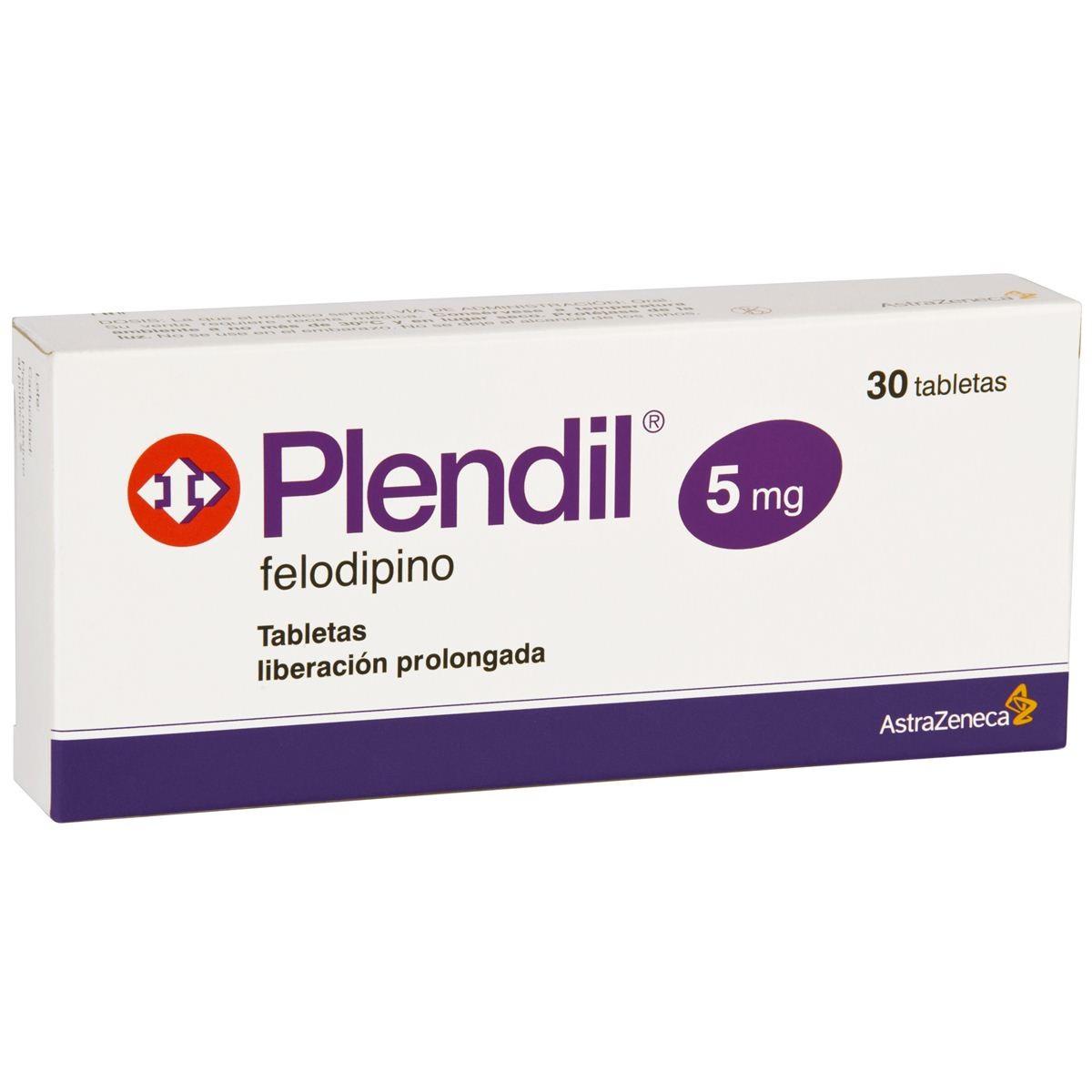
felodipine extended-release – oral, Plendil
Felodipine is used to treat high blood pressure (hypertension). It helps prevent strokes, heart attacks, and kidney problems by relaxing and widening blood vessels. This medication may also be used to prevent chest pain (angina).
Take this medication by mouth once a day on an empty stomach, or as directed by your doctor. If stomach upset occurs, felodipine may be taken with a light meal. Do not crush or chew extended-release tablets. Swallow the whole or split tablet without crushing or chewing.
Use this medication regularly to get the most benefit from it. Remember to use it at the same time each day as directed. Do not stop taking this medication without consulting your doctor. Some conditions may become worse when the drug is suddenly stopped. Your dose may need to be gradually decreased.
Common side effects of felodipine include dizziness, lightheadedness, headache, flushing, and stomach upset. Notify your doctor or pharmacist if these effects persist or worsen. Seek medical attention if you experience swelling of the hands/ankles/feet, fast/irregular heartbeat, fainting, or any signs of a serious allergic reaction.
Before taking felodipine, inform your doctor or pharmacist if you are allergic to it or if you have any other allergies. Tell your doctor about your medical history, especially if you have heart disease, liver disease, or swelling of the arms and legs. Inform your doctor or dentist if you are having surgery and are taking this medication.
Avoid eating grapefruit or drinking grapefruit juice while taking this medication, unless instructed otherwise by your doctor. Grapefruit juice can increase the amount of felodipine in your bloodstream.
This medication should be used during pregnancy only if clearly needed. It is not known whether felodipine passes into breast milk.
Before using this medication, inform your doctor or pharmacist about all prescription and nonprescription/herbal products you may use, especially other medications for high blood pressure and drugs that affect the removal of felodipine from your system.
If overdose is suspected, contact a poison control center or emergency room immediately. Symptoms of overdose may include severe dizziness, slow heartbeat, and severe weakness.
If you miss a dose, use it as soon as you remember. If it is near the time of the next dose, skip the missed dose and resume your usual dosing schedule. Do not double the dose to catch up.
Store this medication at room temperature away from light and moisture. Keep it out of reach of children and pets. Do not flush medications down the toilet or pour them into a drain.
You should report any negative side effects of prescription drugs to the FDA. Visit the FDA MedWatch website or call 1-800-FDA-1088.
The information in this database is intended to supplement, not substitute for, the expertise and judgment of healthcare professionals. Consult a healthcare professional before taking any drug, changing any diet, or starting or discontinuing any course of treatment.


